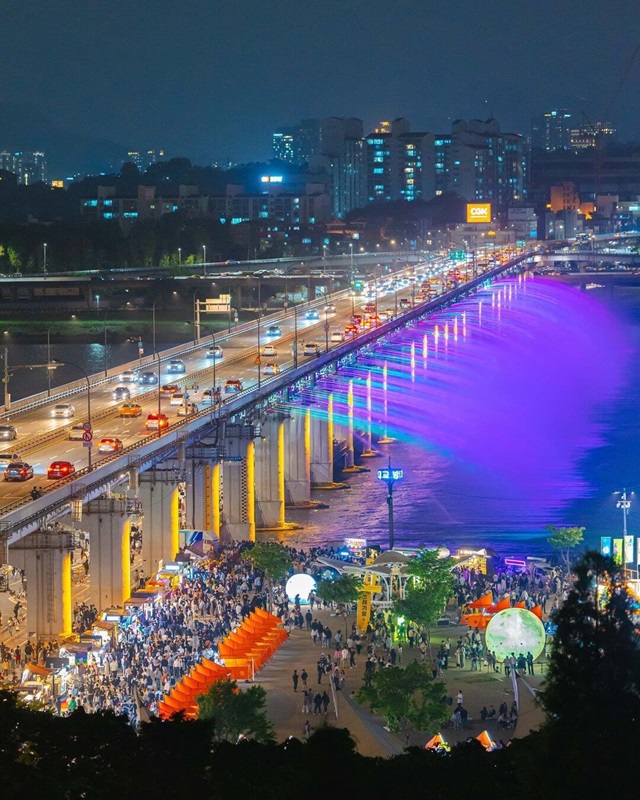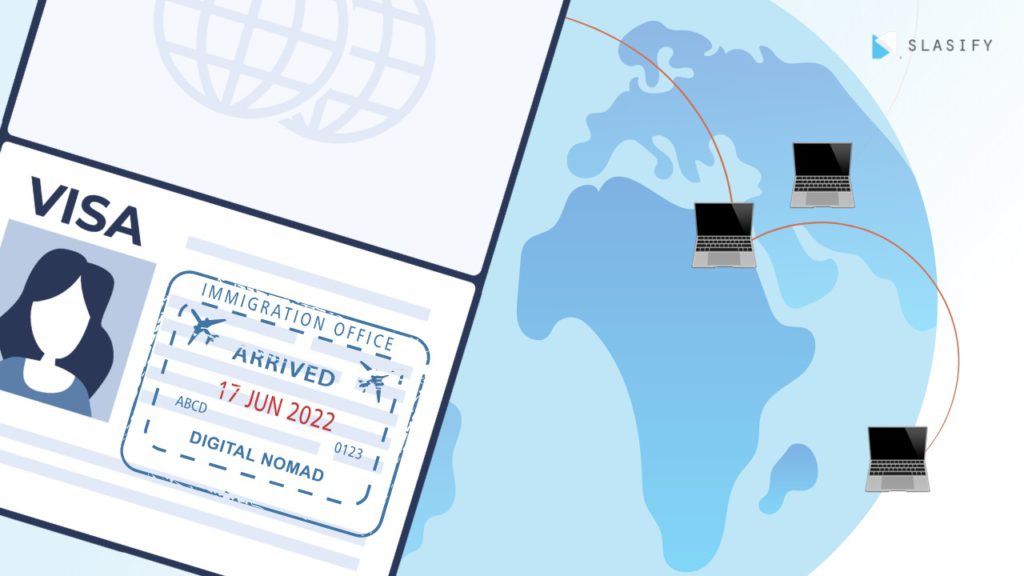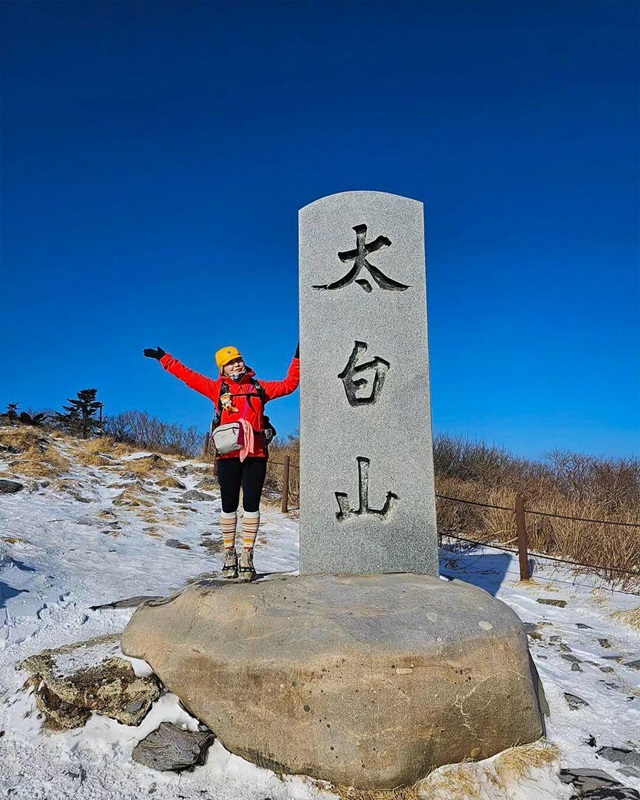South Korea is gearing up to enhance visa options for group travelers and introduce visas specifically for fans of K-culture and digital nomad. This strategy is part of an ambitious plan to draw 20 million tourists and generate revenue of $24.5 billion.
South Korea to Launch K-Culture and Digital Nomad Visa in 2024

South Korea is intensifying its efforts to draw in more tourists by simplifying the process for visitors to enter the country.
Before the pandemic, South Korea welcomed over 17 million international visitors. However, as Prime Minister Han Duck-soo revealed to The Korea Times, these numbers drastically fell to just 970,000.
Nevertheless, there’s a resurgence in tourism, with expectations of welcoming 10 million tourists by the end of the year. The government commits to actively support the tourism sector in achieving record-high numbers.
As reported by local news, plans include easing visa processes for group tours, especially through electronic visa fee waivers. This initiative will expand to include visitors from Vietnam, Indonesia, and the Philippines and extend into the following year.
Additionally, the government introduces a new visa, ‘K Culture Training Visa’ (tentative name), to leverage the global appeal of Korean culture. It aims to attract young individuals who are keen on learning about Korean music, food, and beauty. To further promote Korean culture, they schedule a series of ‘K Culture Events’ for 2024. Additionally, a ‘K Tourism Road Show’ is set to tour various countries, from the US to Sweden.
South Korea Digital Nomad Visa: What We Know So Far

The new digital nomad visa in South Korea will offer a stay of up to two years. It is designed for individuals who continue working for companies based in their home countries. This initiative is part of a broader strategy to encourage a blend of remote work and tourism, known as a workcation culture.
To boost regional tourism and enhance accessibility for international tourists, the South Korean government is focusing on creating English-language guides. Additionally, they are developing transportation booking systems that utilize artificial intelligence.
These efforts are part of South Korea’s ambitious target to attract 30 million tourists annually and achieve tourism revenues of $30 billion (€27 billion) by 2027. The country previously reached a peak of 17.5 million international tourists in 2019.
Guidelines for Obtaining the Digital Nomad Visa in South Korea
- The visa offers foreign nationals the opportunity to work remotely in South Korea for up to two years.
- Family members of the visa holder are also eligible to accompany them.
- Candidates must be at least 18 years old and have a minimum of one year’s experience in their current professional field.
- An annual income requirement is set at approximately $65,860 for applicants.
- Applicants need to demonstrate a clean criminal record and provide verification of their current employment.
- Submission of proof for travel health insurance is required.
- Individuals already in South Korea who meet the criteria can apply for the digital nomad visa.
- The visa does not permit holders to seek employment in South Korea; a separate work visa is needed for this purpose.
- Applications for the digital nomad visa are to be processed by South Korean embassies worldwide.
- The visa program is subject to an initial trial period before a decision on its permanent implementation is made.
Why Visit South Korea in 2024?
Taebaeksan National Park , Taebaek-si, Gangwon | Instagram @visitgangwon_en
South Korea offers diverse attractions, including its rich history, delicious cuisine, vibrant culture, and top-notch tourist sites. The magnificent Changdeokgung Palace in Seoul, a relic of the Joseon Dynasty, is a favorite among visitors. Tourists often delve into ancient history in Jeonju and immerse themselves in the traditional ambiance of Hanok villages across the country.
Beaches in Busan, the nation’s second-largest city, are a significant attraction. Similarly, the journey to the summit of N Seoul Tower, an iconic observation tower in the capital, draws many visitors. History enthusiasts often visit the demilitarized zone, a symbol of the division between South and North Korea.
That’s not it! In January, the Gangwon Winter Youth Olympic Games will host a record-breaking 1,900 young athletes participating in various sports, from judo to ice hockey. While visitors have to buy ticket for the Opening Ceremony, all other events are free to the public. The Games will also feature various cultural activities, including performances by famous Korean DJs, snow tubing, and curling.
Moreover, visitors can experience nearby attractions such as the Daegwallyeong Snow Festival, famous for its winter activities and impressive snow sculptures.
In Seoul, the anticipated opening of the Robot and AI Museum is set for late 2024. Meanwhile, the Busan Museum of Art is undergoing a modern transformation, enhancing its appeal as a high-tech cultural destination.
From picturesque landscapes to hidden gems and cultural adventures, follow KoreaTravelPost’s Twitter, Facebook, Instagram, LinkedIn, and Flipboard for a thrilling journey through the heart of Korea.
Related Posts
2,281 total views, 4 views today
























